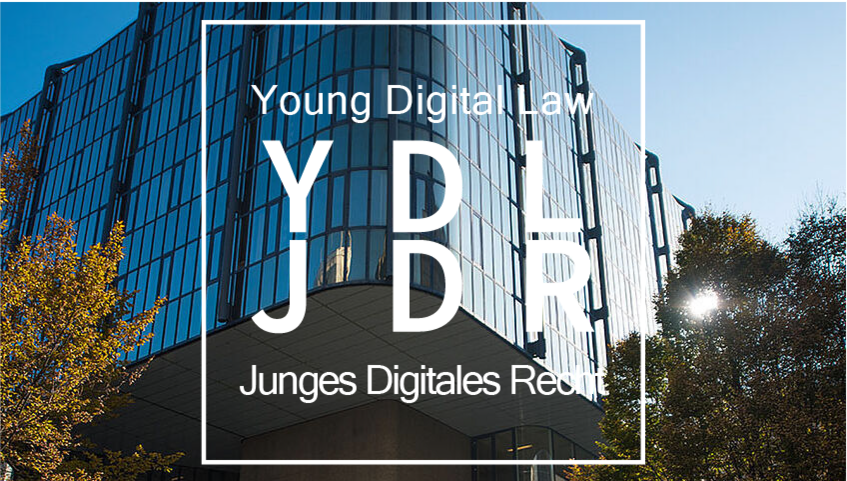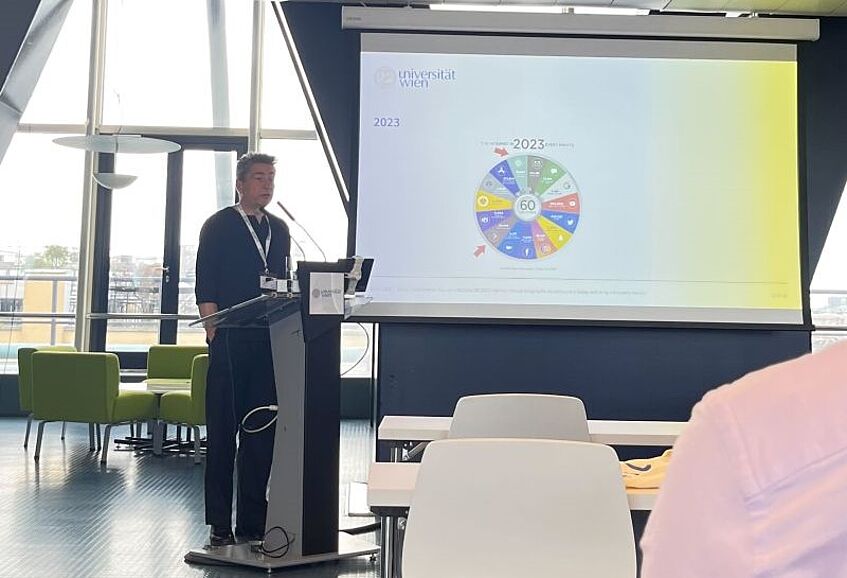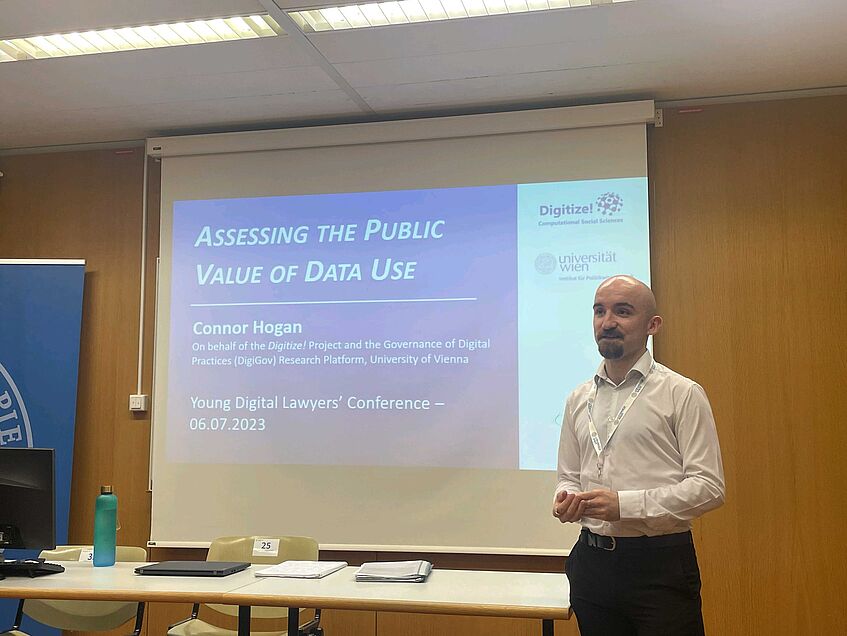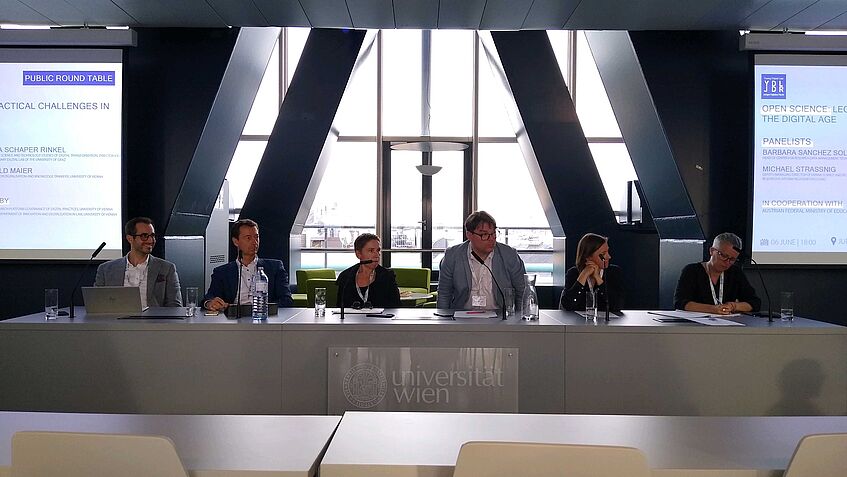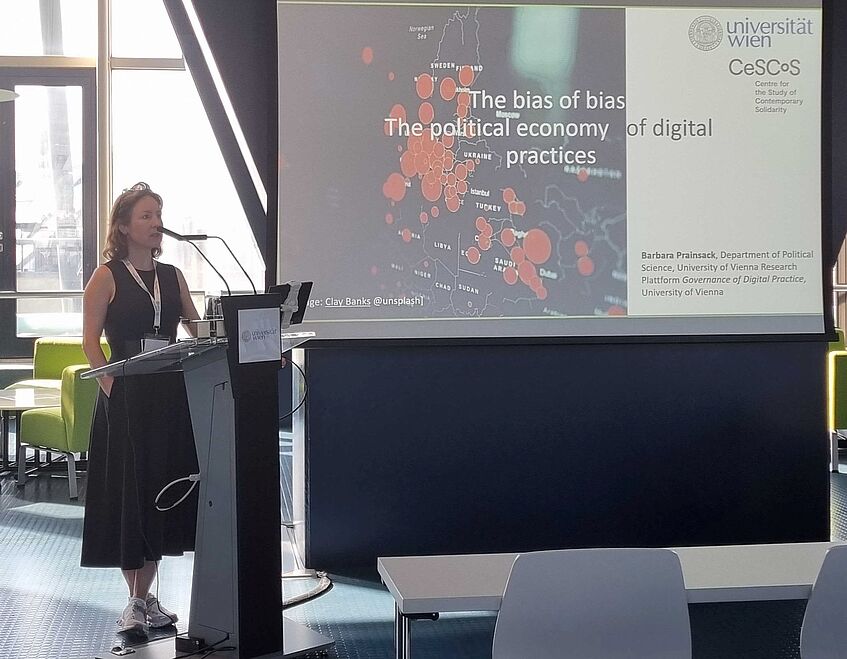The 3rd Conference of the Research Network Young Digital Law, held at the University of Vienna, focused on the theme of “Bias in Law-Making: How Assumptions about Technology, Trustworthiness, and Human Agency Underpin European Digital Law.” As a co-host of the conference, the Research Platform ‘Governance of Digital Practices’ played a crucial role in shaping the event and contributing to the discussions. Members of the Research Platform, including keynote speakers, workshop facilitators, moderators and members of the organising team, engaged in various formats, provided valuable insights on key topics and added interdisciplinary aspects to the conference.
The timely and important topic brought together experts, academics, and stakeholders to explore the complexities of bias in law-making in the digital age. Throughout the conference, speakers and panellists explored the various ways in which assumptions about technology, trustworthiness, and human agency can influence the development and application of digital law in Europe. In addition to many fascinating individual presentations, the conference also featured a number of interactive panel discussions and workshops, which allowed attendees to engage with speakers and other experts in a more informal setting.

